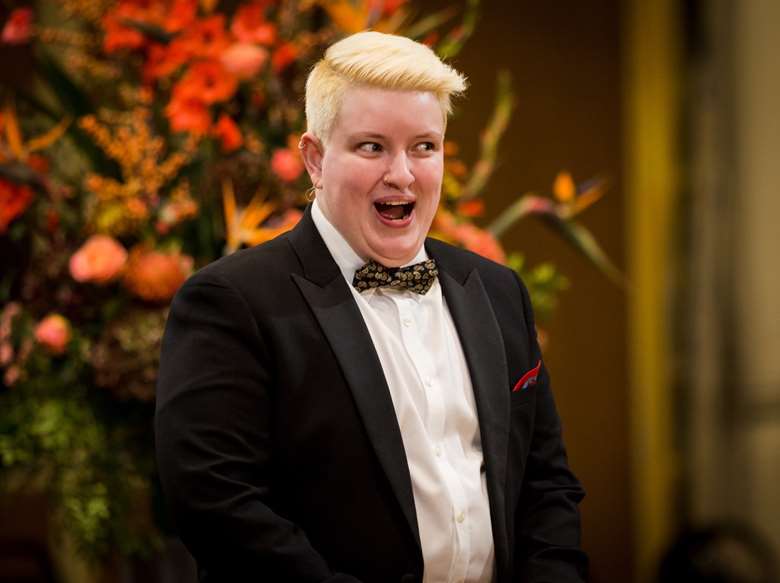'I don’t think I would be as good an artist if I wasn’t living as a non-binary person': soprano Ella Taylor
Hattie Butterworth
Tuesday, August 24, 2021
Having won second prize at the Kathleen Ferrier Awards last year, Ella Taylor's career is going from strength to strength. Hattie Butterworth speaks to them about their identity, dealing with transphobia, and why the music industry needs gender nonconformity.


Register now to continue reading
Don’t miss out on our dedicated coverage of the classical music world. Register today to enjoy the following benefits:
- Unlimited access to news pages
- Free weekly email newsletter
- Free access to two subscriber-only articles per month